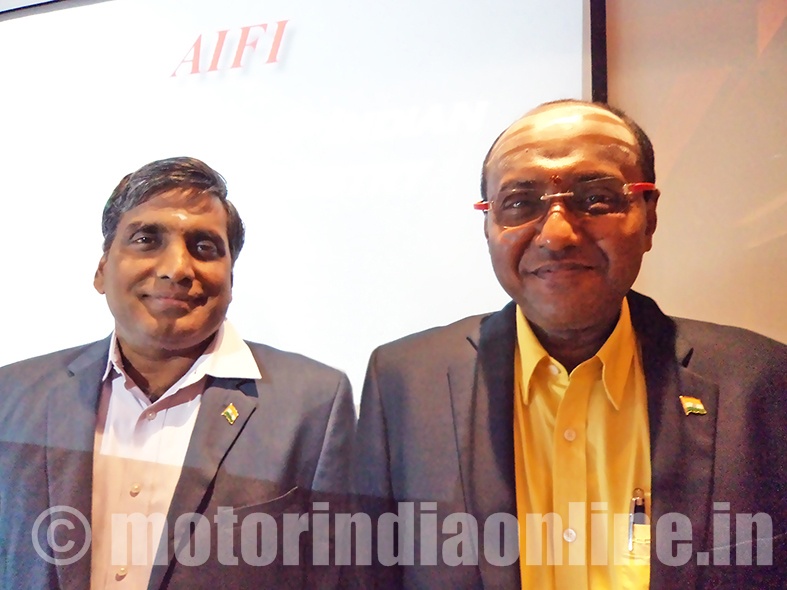The success of the forging industry depends to a large extent on the fortunes of the automotive sector as it is the major consumer of forging-related products.

A major contributor to Prime Minister Narendra Modi’s ‘Make in India’ initiative, the estimated turnover of the 384 forging units in the country in 2014-15 was Rs. 1,600 crores, besides providing employment to over one lakh people in the country. The overall forging production in the country during the year increased to 22.5 lakh metric tonnes. Currently the industry is facing an unprecedented crisis due to factors like steel pricing, minimum steel import prices and the mandatory BIS certification. These challenges should be attended to immediately.
Addressing the media in Chennai, Mr. S. Muralishankar, Vice President of the Association of Indian Forging Industry and Joint Managing Director of Super Auto Forge, said there is a critical need to bring transparency in steel pricing by aligning to a weighted index of prices of essential inputs for steel making. The Government has to necessarily take cognizance of the challenges faced and provide a level playing ground to domestic players.
He said that, during 2014-15, India imported more than 2 million tonnes of special steels from China, Korea, Japan and Russia. The global slowdown has hit commodity markets and lowered steel prices for more than 18 months, while the prices of major inputs like steel, scrap, coke, iron ore, etc., have dropped by more than 30 per cent over a year. The drop in raw material prices was reflected in the production of plain carbon steel used in the forging industry that have come down to Rs. 27,000-30,000. Internationally prices for plain carbon steel used for the forging industry have come down to as low as $390-450 per tonne. On the other hand, Indian steel prices have not been reduced to that extent. This renders manufacturing of forging and exports to global destinations unviable for domestic companies.
Today the Indian forging industry is competing with irrational pricing, which is making the scenario non-competitive amounting to losses. Hence there is a need for rational pricing to generate profits. Also, making of BIS certification mandatory for carbon steel imports has made the situation tougher for the forging industry, he added.
In his address, Mr. Vidyashankar Krishnan, Convenor of the Association of Indian Forging Industry and Vice Chairman of M.M. Forgings, said that, with the target for increasing the contribution of manufacturing output to 25 per cent of GDP by 2025 from the current level of 16 per cent, it is imperative to revisit the existing policies for a push to the forging industry.
According to Mr. Vidyashankar, original equipment manufacturers and other major users have started importing finished forging from Korea and Taiwan as imports are cheaper. Import of iron ore has become viable due to a sharp decline in global prices. Freight rates have also fallen heavily, adding to the viability of imports.
The need of the hour is to provide a level playing field for the local players to compete with global manufacturers.